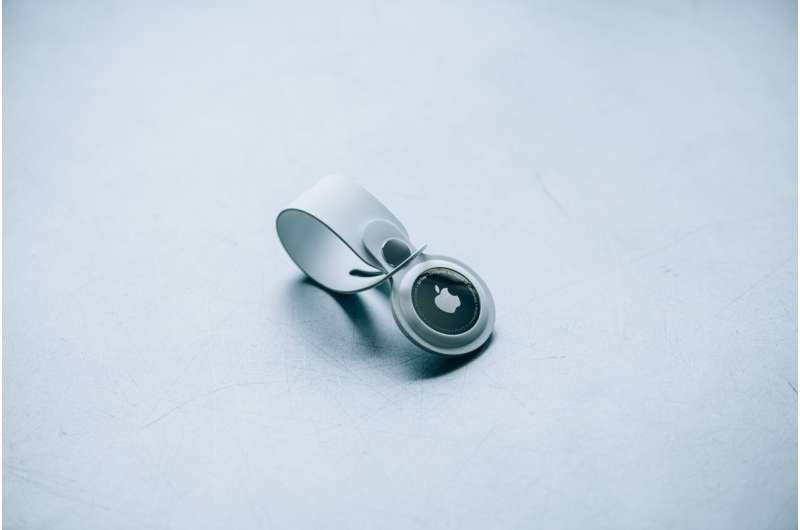
Stalking victims would be armed with stronger protections if proposed changes to a Florida law outlawing unauthorized use of wireless tracking devices are enacted.
It's currently illegal to install any kind of tracking device, including surveillance software on phones, without the consent of the person being tracked.
But the prohibition is only a second-degree misdemeanor, and law enforcement officers have told victims that they have little power to investigate complaints, State Rep. Michele Rayner, a Democrat representing parts of Hillsborough and Pinellas counties told the House Criminal Justice Subcommittee at a recent hearing.
Rayner said she was a victim of tracking and wished the proposed law was in place at the time.
Rayner said she has friends "who have been victims of having things installed on their phones without them knowing."
Law enforcement officers told her that their hands were tied, she said. That's because a second-degree misdemeanor charge doesn't give police authority to obtain a search warrant that could help them prove who purchased the device, who downloaded the monitoring software, and who is using the device to track victims.
Similar legislative bills cleared five committees with unanimous support and the Senate version only needs to earn a favorable vote by the chamber's Rules committee before advancing to votes by the full House and Senate. If that happens and the bill is signed by Gov. Ron DeSantis, it would become law on Oct. 1.
An analysis of the House bill by legislative staff members explains that expanding the law would enable prosecution of people who do not install or place a device or application themselves but nonetheless access or use the device to monitor another person or that person's property without the person's consent.
Offenses would become third-degree felonies, which would enable police to seek search warrants, the analysis said.
Rep. Tony Ovendorf, a Republican representing parts of Martin and St. Lucie counties, said he was urged by police departments to introduce the bill.
Jonathan Martin, who is sponsoring the bill in the state Senate, said the changes are needed because "it's so much easier now to track individuals through AirTags, and apps and other devices."
While Apple has created alerts to let smartphone users know if they are being monitored with one of the company's AirTags—available for about $30 each—Martin said other trackers are available that "could go completely undetected unless you're trained or skilled to find those tracking devices."
Some other devices are even advertised as ideal for clandestine monitoring, the analysis said.
The analysis identified four types of technology that make wireless tracking possible. They are GPS (global positioning system) via satellite, Wi-Fi positioning, Bluetooth Low Energy and Ultra-Wideband Technology.
The maximum penalty for violations of the current law are 60 days in jail and a $500 fine. The proposed law would increase the penalty to up to five years in prison and a $5,000 fine.
Richard Ansara, a South Florida-based criminal defense attorney who represents people accused of domestic violence, said changing the law to a third-degree felony could be inappropriate if the purpose is solely to be able to apply for search warrants. Another law could be modified to permit search warrants in tracking device cases, he said.
2024 South Florida Sun Sentinel. Distributed by Tribune Content Agency, LLC.
Citation: Is a device tracking you without your consent? Florida bill would make that a felony (2024, February 1) retrieved 1 February 2024 from https://techxplore.com/news/2024-02-device-tracking-consent-florida-bill.html
This document is subject to copyright. Apart from any fair dealing for the purpose of private study or research, no part may be reproduced without the written permission. The content is provided for information purposes only.
